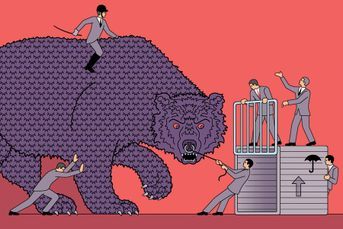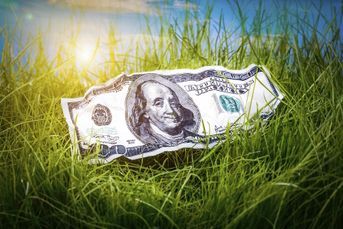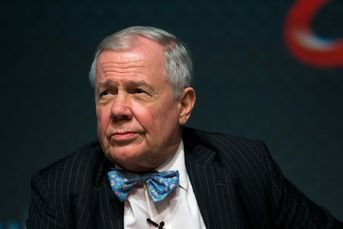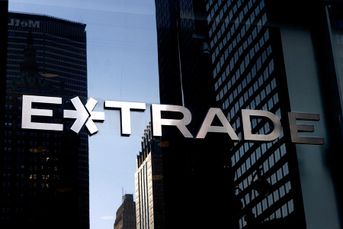Stock buybacks hit record, but is that a good thing?
Companies aren't noted for their savvy when it comes to buying back shares.
Flush with cash, companies are buying back stock and increasing dividends at a record pace, according to Standard & Poor’s.
Companies in the S&P 500 stock index bought back $178 billion of their own shares in the first quarter. That’s an all-time record, surpassing the previous record of $172 billion set in the third quarter of 2007, according to S&P. (These figures are for actual shares repurchased, rather than planned repurchases, which are sometimes pure fantasy).
Dividends totaled $109.2 billion in the first quarter, up from $100.9 billion in the year-ago period.
Combined buybacks and dividends for the 12 months ended March 31 could exceed $1 trillion for the first time, according to Howard Silverblatt, senior index analyst for S&P Dow Jones Indexes. That’s more likely to happen in the second quarter, Mr. Silverblatt said.
Tech companies have been the buyback leaders, with Apple at the head of the pack. The juggernaut bought back $22.8 billion of its own shares in the first quarter, a record amount for any company.
All things being equal, a company that reduces the number of shares available to buy should see its stock rise in price. And companies have lots of cash to keep buying back shares and doling out dividends: A record $1.6 trillion sat on the books of nonfinancial companies at the end of last year, although the current tally is about 1.7% lower than the fourth quarter of 2017.
Still, the good news on buybacks comes with several caveats.
The first is that buybacks are not necessarily a good thing. Some buyback activity is sparked because companies need to purchase their own stock to give to executives, which isn’t a terribly productive use of capital.
And some people, notably Warren Buffett, superstar investor and CEO of Berkshire Hathaway, aren’t convinced that buybacks are undertaken for the noble purpose of increasing shareholder value.
“Repurchases are all the rage, but are all too often made for an unstated and, in our view, an ignoble reason: to pump or support the stock price,” Mr. Buffett wrote in a 1999 shareholder letter.
Moreover, companies aren’t necessarily savvy buyers of their own stock. Those who recall their stock market history will note that the last peak in stock buybacks coincided with the start of the 2007-2009 bear market, the worst since the Great Depression. In March 2009, when stocks were cheaper than a pair of socks at the dollar store, companies bought back just $30 billion of their own stock. Why the surge now?
“Maybe because the expansion is getting long in the tooth, more than twice the average since 1900, and businesses are getting concerned about investing in such a long-lived recovery,” said Sam Stovall, chief investment strategist of U.S. equity strategies at CFRA. “They just have a lot of cash, and they’re acting like males — they don’t want to commit.”
To be fair, capital spending in the first quarter totaled $158.8 billion, which was a first-quarter record, but down 6.5% from the total in the fourth quarter. And companies could well get another wave of new cash, thanks to corporate tax reform.
“They could still be hoping that infrastructure spending will be encouraged by the Trump administration, and are waiting to see what kind of carrots are dangled in front of them to make them spend,” Mr. Stovall said.
Learn more about reprints and licensing for this article.








